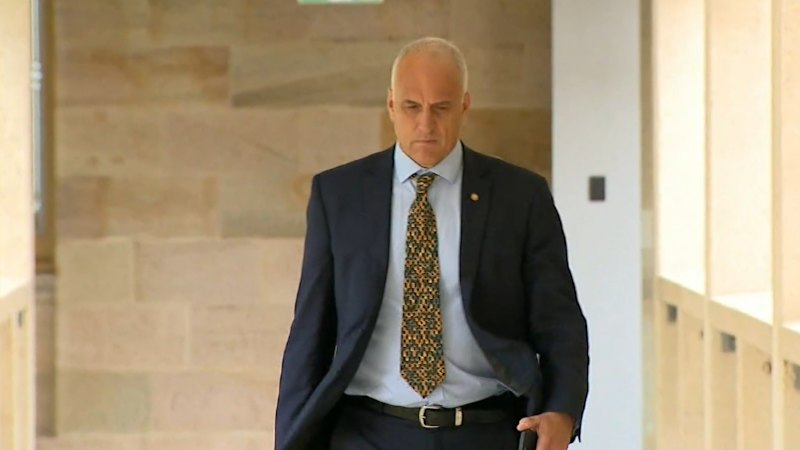
Tuberculosis (TB) continues to be a significant global health challenge, with the World Health Organization (WHO) reporting that the disease claimed over 1.2 million lives and affected an estimated 10.7 million people in 2024. While there have been notable advancements in TB diagnosis, treatment, and innovation, ongoing funding challenges and disparities in access to care threaten to undermine these achievements.
Dr. Tedros Adhanom Ghebreyesus, WHO Director-General, emphasized the urgency of the situation, stating, “Declines in the global burden of TB, and progress in testing, treatment, social protection and research are all welcome news… but progress is not victory. The fact that TB continues to claim over a million lives each year, despite being preventable and curable, is simply unconscionable.”
Recent Trends in TB Diagnosis and Treatment
Between 2023 and 2024, the global incidence of TB decreased by nearly 2%, with deaths from the disease falling by 3%. These reductions highlight a gradual recovery of essential health services that had been disrupted during the COVID-19 pandemic. Some regions are demonstrating sustained progress, underpinned by strong political commitment and investment in healthcare.
The WHO African Region recorded a 28% reduction in TB incidence and a remarkable 46% drop in deaths from 2015 to 2024. The European Region also achieved significant declines, with a 39% reduction in incidence and a 49% decrease in deaths. Over 100 countries have reported at least a 20% reduction in TB incidence, while 65 countries have seen reductions of 35% or more in TB-related deaths, reaching crucial milestones of the WHO End TB Strategy.
Despite these positive trends, the global fight against TB remains precarious. In 2024, 87% of those who developed TB were concentrated in just 30 countries. Notably, eight countries accounted for approximately 67% of global cases: India (25%), Indonesia (10%), the Philippines (6.8%), China (6.5%), Pakistan (6.3%), Nigeria (4.8%), the Democratic Republic of the Congo (3.9%), and Bangladesh (3.6%).
Timely treatment has saved an estimated 83 million lives since the year 2000. Continued advancements in TB diagnosis, prevention, and treatment reflect the impact of sustained efforts and innovations in the healthcare sector.
Funding Challenges Threaten Progress
Despite the progress made, funding for TB initiatives has stagnated since 2020. In 2024, only US$5.9 billion was allocated for prevention, diagnosis, and treatment, which is just over a quarter of the US$22 billion annual target set for 2027. Concerns about cuts to international donor funding starting in 2025 pose a significant challenge. Modelling studies indicate that long-term reductions in funding could lead to an additional 2 million deaths and 10 million new cases of TB between 2025 and 2035.
The report also highlights that social protection coverage remains highly uneven, particularly among the high TB burden countries. For instance, coverage in Uganda is as low as 3.1%, compared to 94% in Mongolia. Alarmingly, 19 countries report social protection rates below 50%. Major risk factors for TB, such as undernutrition, HIV infection, diabetes, smoking, and alcohol use, persist and require coordinated multisectoral action.
In terms of research, global funding is lagging, with only US$1.2 billion dedicated to TB research in 2023, which accounts for 24% of the necessary target. As of August 2025, there are 63 diagnostic tests in development and 29 drugs in clinical trials, compared to just 8 in 2015. Additionally, 18 vaccine candidates are undergoing clinical trials, with 6 in Phase 3. The WHO is actively leading efforts to progress the TB vaccine agenda, supported by the newly established TB Vaccine Accelerator Council.
Dr. Tereza Kasaeva, Director of the WHO Department for HIV, TB, Hepatitis and STIs, remarked, “We are at a defining moment in the fight against TB. Funding cuts and persistent drivers of the epidemic threaten to undo hard-won gains, but with political commitment, sustained investment, and global solidarity, we can turn the tide and end this ancient killer once and for all.”
The WHO calls for continued political commitment, increased domestic investment, and intensified research efforts to accelerate the global response to TB, ensuring that the progress achieved is not lost.







